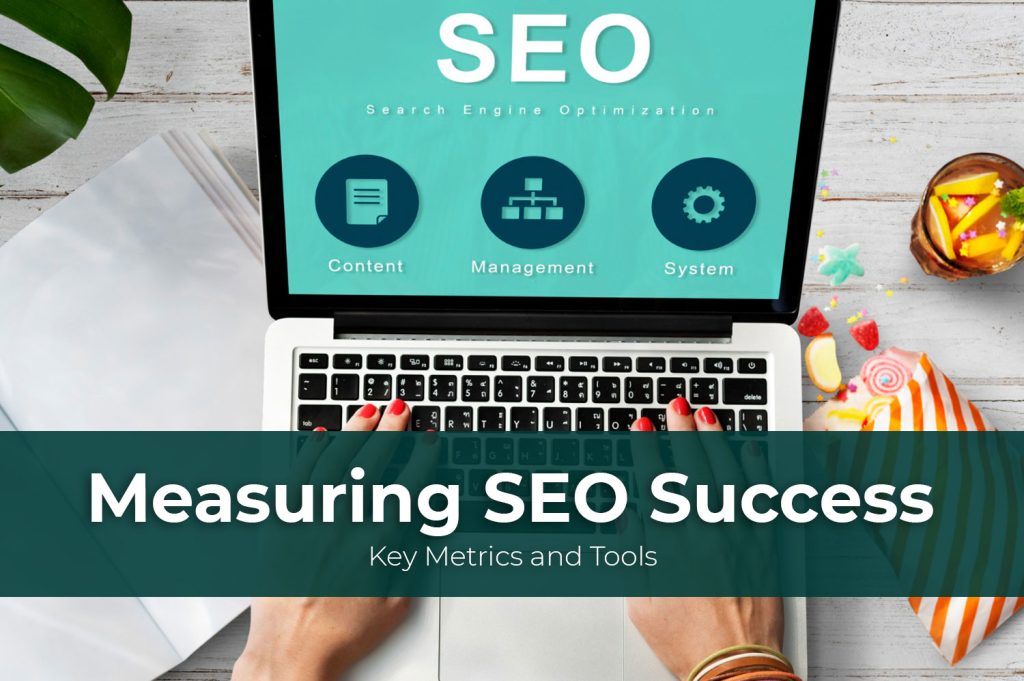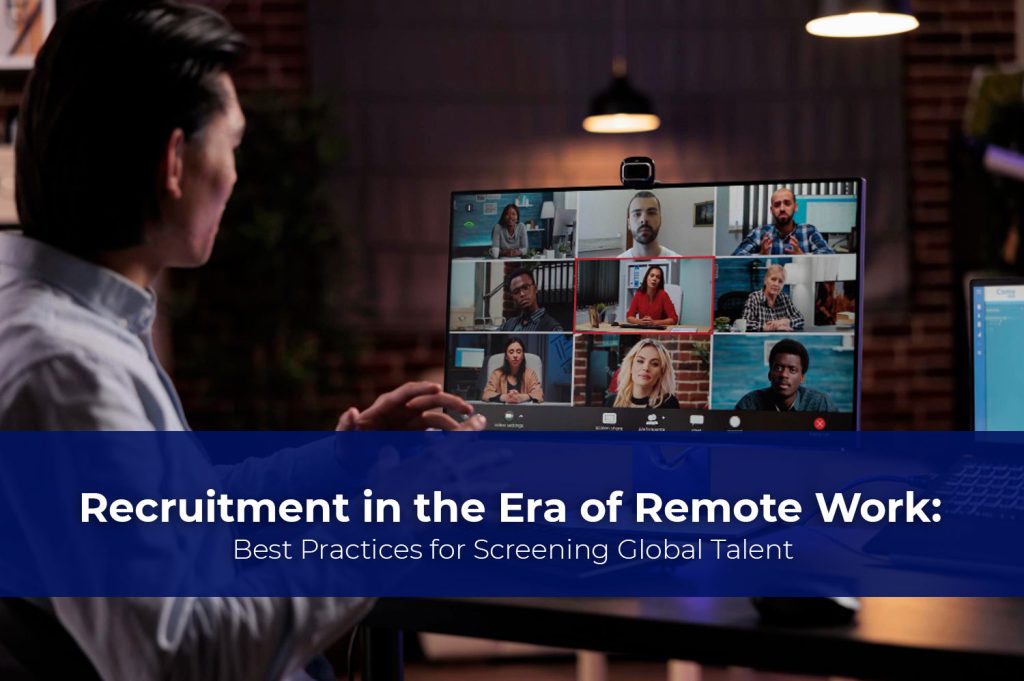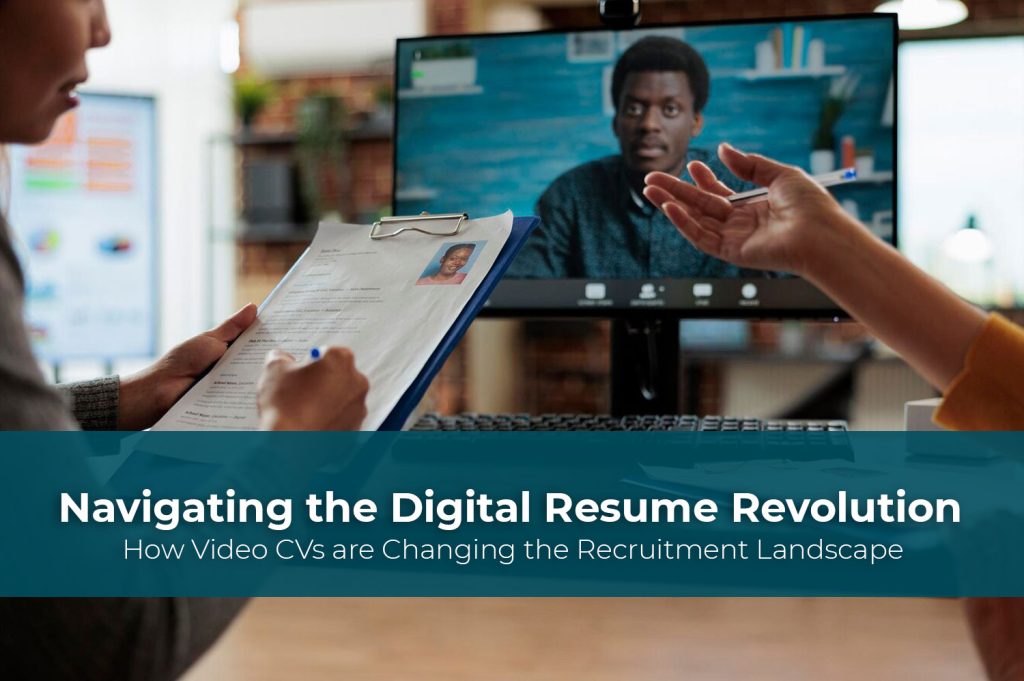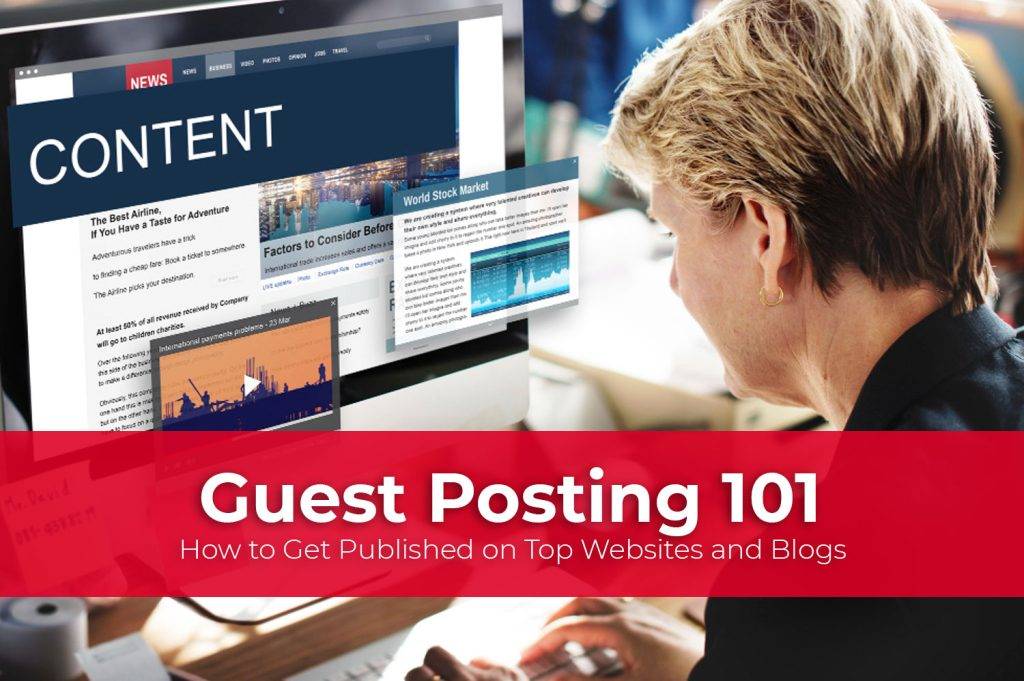
Table of Contents
ToggleIntroduction
In today’s dynamic and competitive business environment, the pursuit of the perfect talent fit has become a paramount challenge for organizations across diverse industries. One of the most pressing issues faced by businesses today is the glaring skill mismatch that often exists between the pool of job seekers and the specific requirements of available positions. This incongruity in skillsets can significantly impede a company’s growth, hinder productivity, and even impact its overall success in the marketplace. However, amidst this workforce conundrum, Recruitment Process Outsourcing (RPO) has emerged as a powerful and strategic solution that bridges this critical gap and ensures that organizations can access precisely the right talent at precisely the right time.
Recruitment Process Outsourcing, commonly known as RPO, is a strategic and collaborative approach to talent acquisition, where organizations enlist the support of external experts to efficiently manage and optimize their recruitment processes. These RPO providers harness their extensive industry expertise, cutting-edge technology, and vast resources to effectively identify, evaluate, and hire the most qualified candidates. The advantages of RPO are manifold, encompassing end-to-end solutions that span the entire recruitment journey, scalability tailored to an organization’s unique needs, cost-efficiency when compared to traditional in-house approaches, specialized expertise in understanding industry trends, and seamless integration of advanced technology to streamline recruitment processes. As the global business landscape continues to evolve at a rapid pace, RPO stands out as a strategic partner that empowers organizations to bridge the skill gap and ensures that they have the requisite skills and competencies to thrive in an ever-changing job market.
Section 1: The Skill Mismatch Challenge
Despite the availability of job seekers, many organizations struggle to find candidates with the skills and qualifications they require. This challenge is driven by several factors:
- Rapid Technological Advancements: Evolving technologies require new skills, leaving many workers unprepared.
- Changing Business Needs: Companies often need to adapt to new market demands, requiring a different set of skills.
- Demographic Shifts: An aging workforce can lead to skill gaps as experienced employees retire.
- Globalization: Increased competition from global talent pools demands diverse skillsets.
Selecting the right RPO partner is crucial for effectively addressing skill mismatches. Consider factors such as industry expertise, scalability, technology integration, and success stories when making your choice.

Section 2: Introduction to RPO
Recruitment Process Outsourcing (RPO) is a strategic approach to talent acquisition, where organizations partner with external experts to manage their recruitment processes. RPO providers leverage their expertise, technology, and resources to attract, evaluate, and hire the best talent. Here are key aspects of RPO:
- End-to-End Solutions: RPO covers the entire recruitment process, from sourcing to onboarding.
- Scalability: RPO services can be tailored to an organization’s specific needs and scaled up or down as required.
- Cost Efficiency: Outsourcing recruitment can lead to cost savings compared to traditional in-house approaches.
- Expertise: RPO providers have a deep understanding of industry trends and talent acquisition strategies.
- Technology Integration: RPO leverages advanced technology to streamline processes.
Section 3: How RPO Addresses the Skill Mismatch
RPO plays a pivotal role in addressing the skill mismatch in today’s workforce. Here’s how:
- Skills Assessment: RPO providers have the expertise to assess candidates’ skills and match them with job requirements.
- Talent Pool Expansion: RPO firms tap into vast talent networks to find candidates with niche skills.
- Training and Development: Some RPOs offer training and upskilling programs to prepare candidates for specific roles.
- Data-Driven Insights: RPOs use data analytics to identify skill gaps and recommend solutions.
- Market Intelligence: RPOs stay updated on industry trends, helping clients adapt to changing skill requirements.
Section 4: RPO Success Stories
- Company X: Reduced time-to-hire by 40% and improved employee retention rates after partnering with an RPO.
- Company Y: Leveraged RPO’s expertise to hire specialized IT professionals, boosting innovation.
- Company Z: Overcame a skills shortage crisis during a rapid expansion phase with RPO support.
Section 5: Choosing the Right RPO Partner
Selecting the right RPO partner is crucial for effectively addressing skill mismatches. Consider factors such as industry expertise, scalability, technology integration, and success stories when making your choice.
Section 6: RPO's Role in Enhancing Workplace Diversity
Diverse teams bring a range of skills and perspectives to the table. RPO can play a key role in attracting and hiring a diverse workforce, addressing skill gaps while promoting inclusion.
Section 7: RPO Trends and Future Outlook
The RPO industry is constantly evolving. Stay updated on the latest trends, such as AI-driven recruitment, remote work solutions, and innovative talent acquisition strategies.
Section 8: Leveraging RPO for Small Businesses
Small businesses can also benefit from RPO services. This section explores how RPO can help small companies address skill mismatches, compete with larger organizations, and find the right talent for their growth.
Section 9: The Future of Skill Acquisition
The final section delves into the evolving landscape of skill acquisition. It discusses the impact of automation, artificial intelligence, and continuous learning on the future of work and how RPO will adapt to meet these challenges.
Conclusion
Recruitment Process Outsourcing is a powerful tool for organizations looking to bridge the skill mismatch gap in today’s workforce. By partnering with RPO providers, businesses can tap into their expertise, technology, and talent networks to ensure they have the right skills in place to drive success. As industries continue to evolve, RPO will play a crucial role in addressing changing skill requirements and helping organizations thrive in a dynamic job market.
If you’re ready to explore how RPO can help your organization bridge the skill gap and thrive in the competitive job market, contact us at Bumsa Inc. for personalized solutions.

The RPO industry is constantly evolving. Stay updated on the latest trends, such as AI-driven recruitment, remote work solutions, and innovative talent acquisition strategies.





























